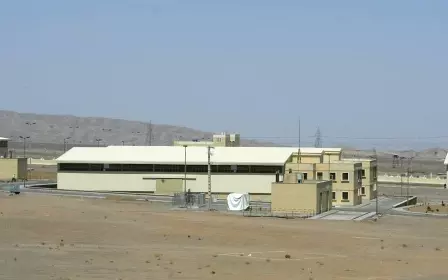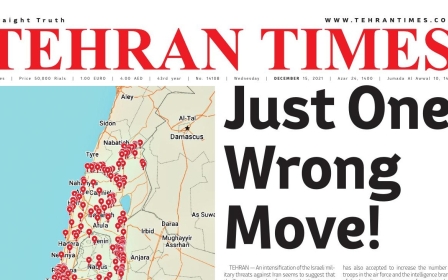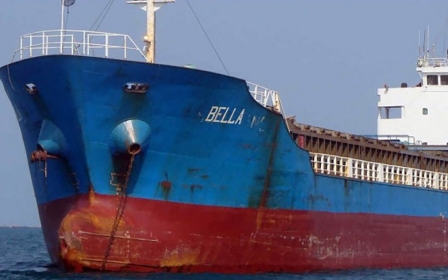Iran reaches deal with UN watchdog to replace cameras at nuclear site
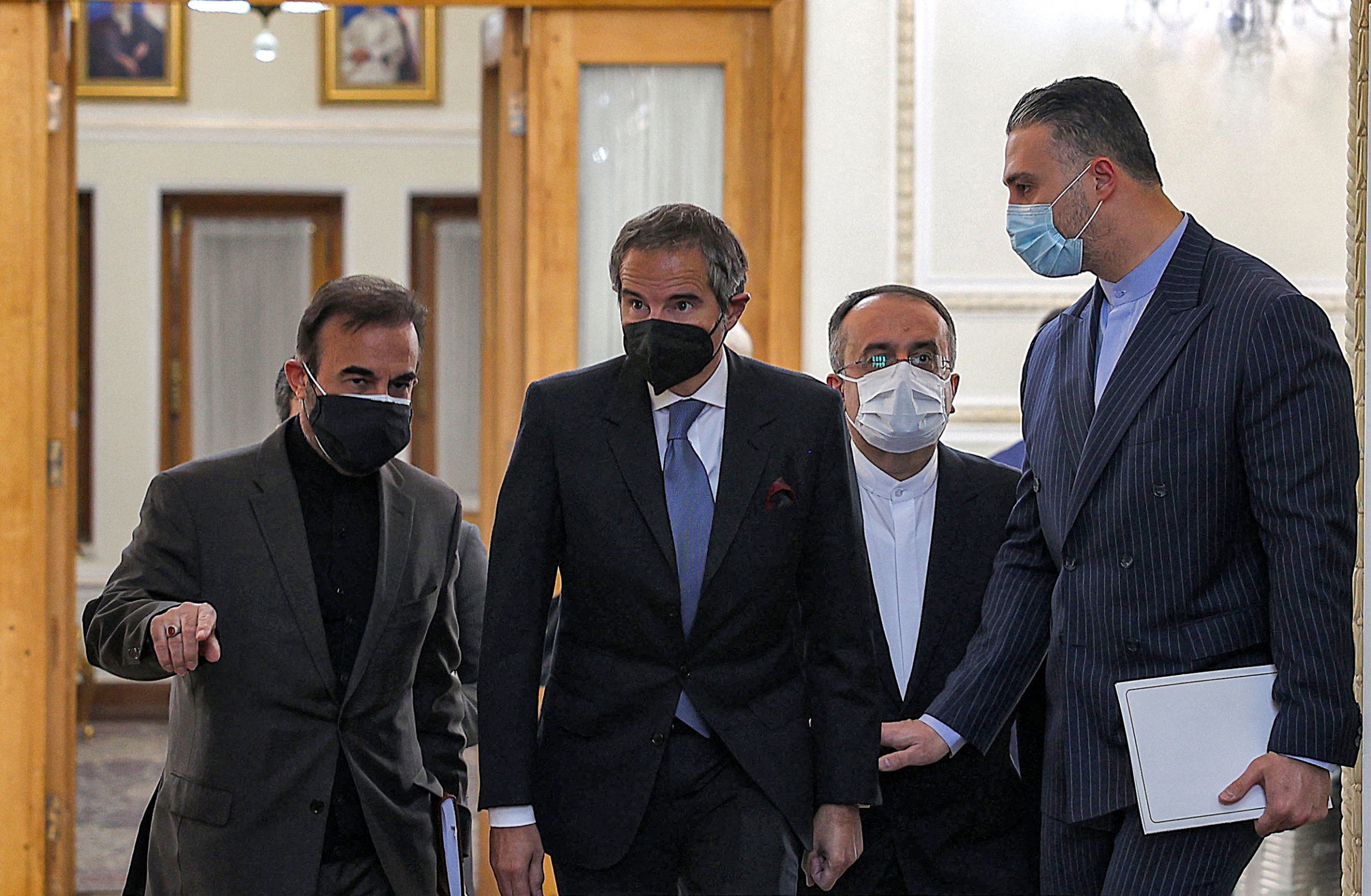
Iran and the United Nations atomic agency agreed on Wednesday to replace cameras at one of the country’s nuclear complexes, as western diplomats warn time is running short to curtail Tehran’s atomic programme.
The Vienna-based International Atomic Energy Agency (IAEA) had been seeking to replace the devices which Iran said were damaged in a June attack it blames on Israel.
“The agreement with Iran on replacing surveillance cameras at the Karaj facility is an important development for the IAEA’s verification and monitoring activities in Iran,” IAEA director general Rafael Grossi said Wednesday.
Iran began restricting some IAEA inspection activities earlier this year as part of steps it has taken away from the 2015 nuclear deal with world powers.
Under the administration of President Donald Trump, the United States pulled out of the agreement in 2018 and imposed a crippling sanctions campaign on Tehran.
New MEE newsletter: Jerusalem Dispatch
Sign up to get the latest insights and analysis on Israel-Palestine, alongside Turkey Unpacked and other MEE newsletters
Iran has since accelerated its nuclear programme. The IAEA has warned that the country is enriching uranium up to 60 percent and is also employing advanced centrifuges.
"In a gesture of goodwill, Iran is allowing the IAEA to install new cameras to replace those damaged in a sabotage operation" against the Karaj nuclear site, Iran’s Nour news agency, an outlet considered close to the Islamic Republic's Supreme National Security Council, said.
"This is a voluntary action by Iran to end misunderstandings in its relations with the IAEA," it added.
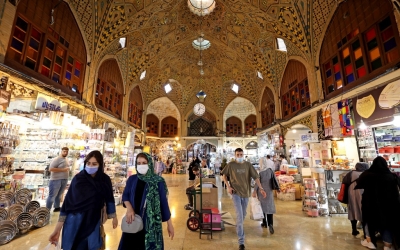
Grossi held talks in Tehran last month aimed at tackling the constraints on inspections, outstanding questions over the presence of undeclared nuclear material at sites in Iran, and the treatment of IAEA staff in the country.
Those discussions were "inconclusive" but "constructive", he later said, just before talks resumed between Tehran and several global powers to revive the 2015 agreement that aims to prevent Iran from building a nuclear weapon.
Western diplomats have cast a pessimistic tone of the talks in Vienna.
European powers have accused Iran of backtracking on earlier commitments it made to pave the way for recent talks. They have accused it of dragging out the negotiations to buy time for their nuclear programme.
Iran is calling for the removal of all sanctions, including those not related to its nuclear programme, and has asked for a legally binding promise that the US will not pull out of the agreement again, a commitment analysts say is nearly impossible for Washington to make.
On Tuesday, the top US diplomat, Secretary of State Antony Blinken, said Washington was preparing "alternatives" in case the Vienna talks fail.
Iran, which claims its nuclear programme is peaceful, has said it is willing to make a deal. On Tuesday, a government spokesman said an agreement could be reached "quickly" if the western states were serious about sanctions lifting and stopped making "threats".
Middle East Eye delivers independent and unrivalled coverage and analysis of the Middle East, North Africa and beyond. To learn more about republishing this content and the associated fees, please fill out this form. More about MEE can be found here.


